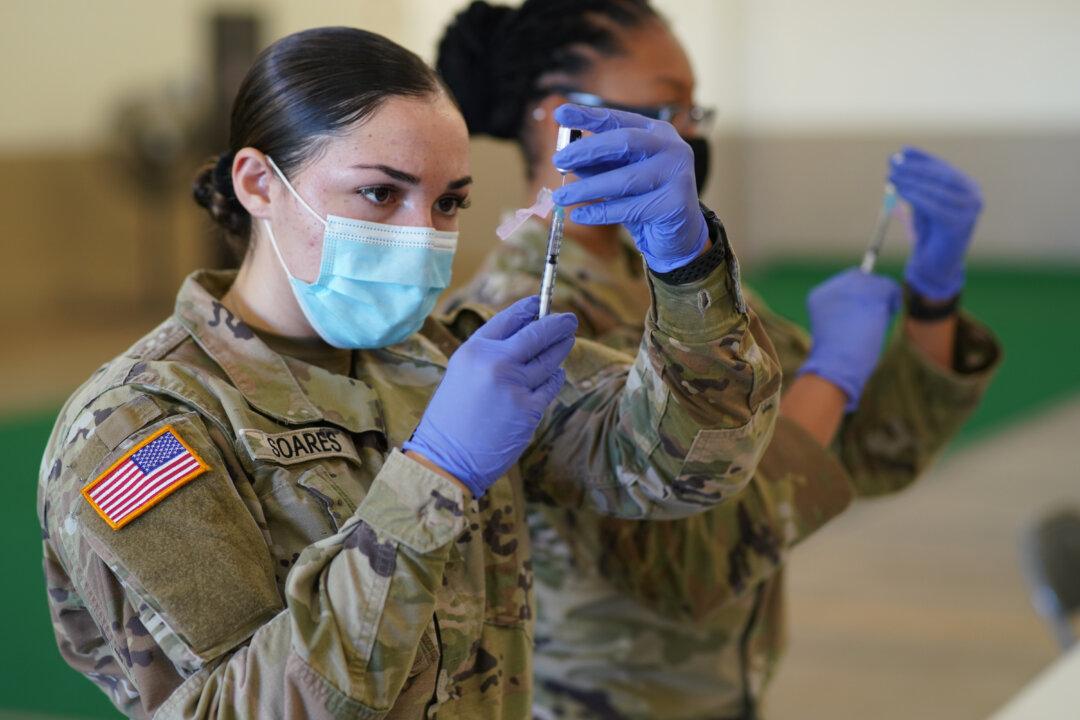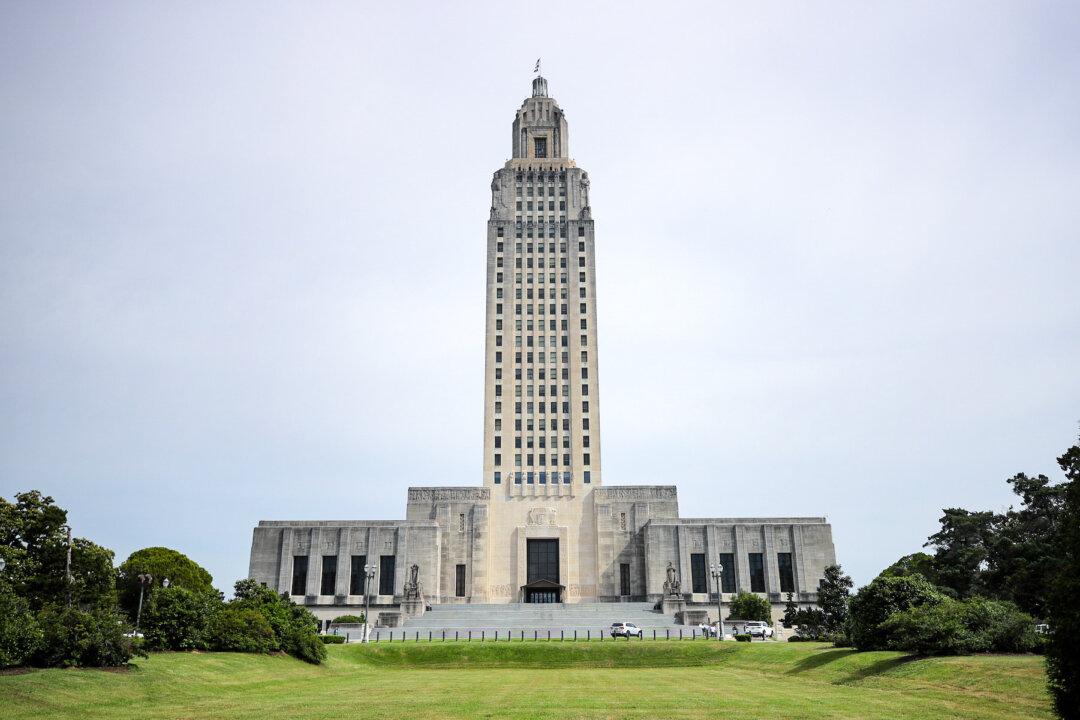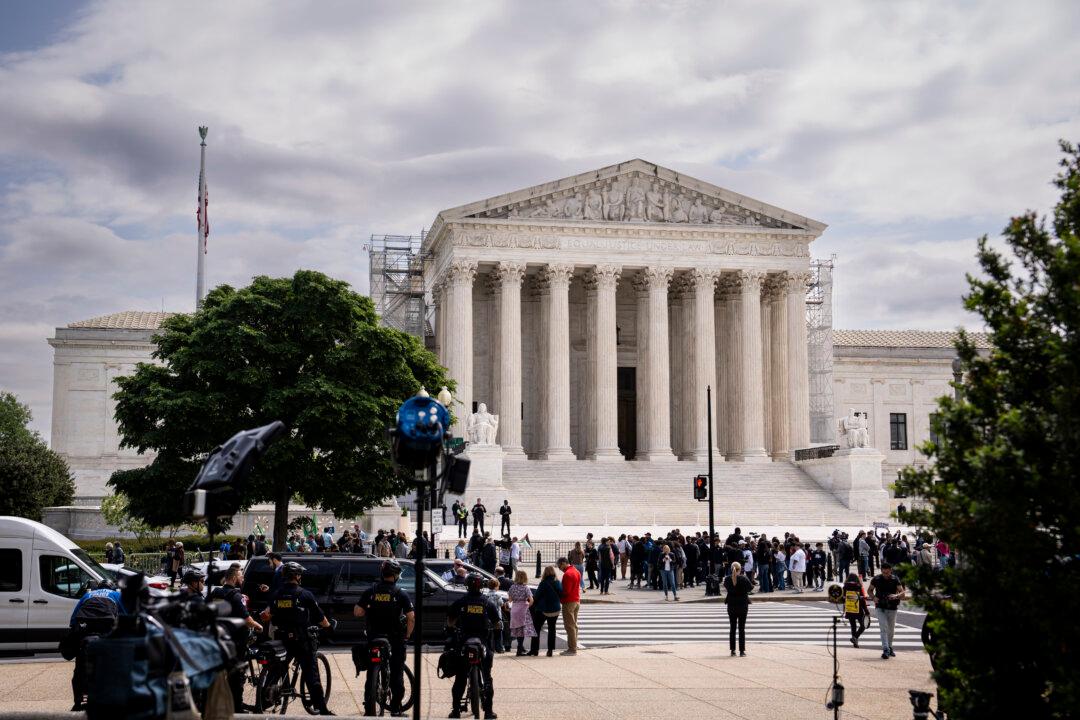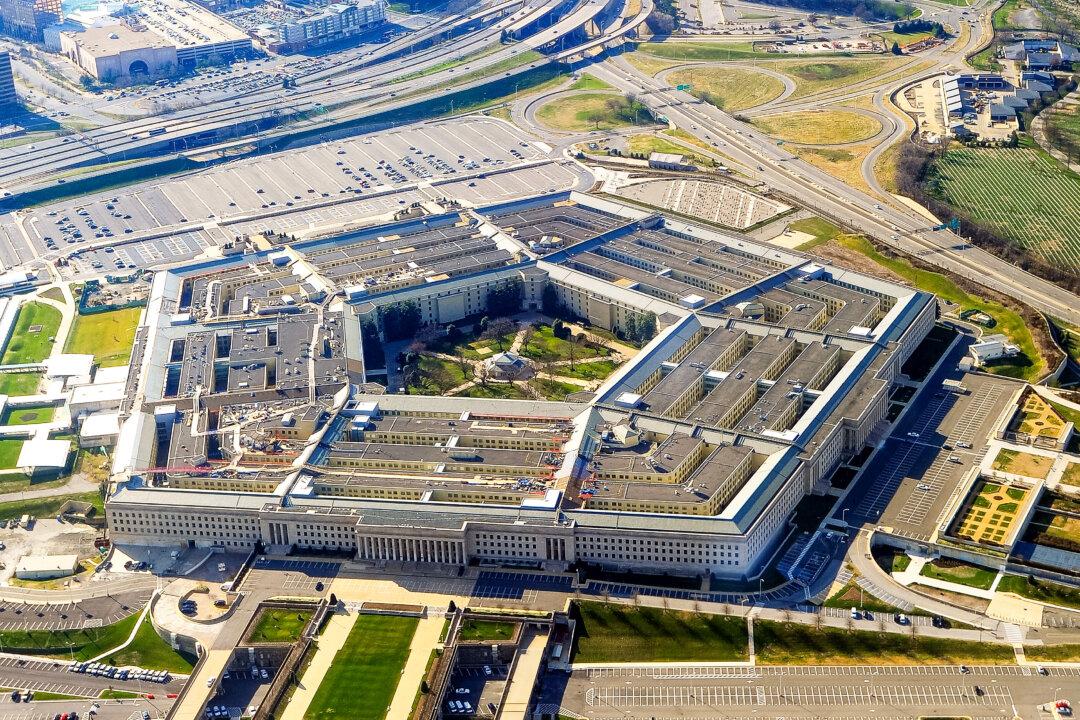An Army servicemember who says he was injured by the COVID-19 vaccine said he faced repeated pressure to take the second dose of the vaccine, despite receiving a temporary exemption from the vaccine mandate last year.
But Army Warrant Officer Douglas Rubin, who spoke to The Epoch Times using a pseudonym for fear of reprisals, was ultimately assisted by the Pentagon’s rescission of the vaccine mandate following the signing into law of the Fiscal 2023 National Defense Authorization Act.




